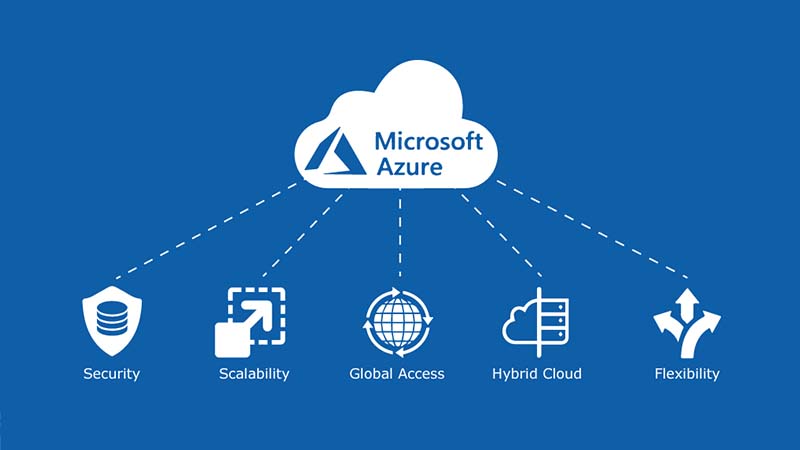Introduction
Microsoft offers a comprehensive Azure training program on their official learning platform, Microsoft Learn [Microsoft Azure Training on Microsoft Learn]. This platform includes:
- Learning Paths: Structured paths that guide you through a series of modules to learn specific Azure skills.
- Modules: Individual lessons focused on a particular Azure service or concept.
- Hands-on Labs: Exercises to apply your knowledge in a practical setting.
Benefits of Azure Training
Here are some of the key benefits of getting trained in Azure:
- Increased Marketability: Azure is a highly sought-after skill in the cloud computing job market. Earning Azure certifications can significantly boost your resume.
- Improved Productivity: By learning Azure, you’ll gain the ability to develop and deploy cloud-based applications and services more efficiently.
- Cost Savings: Azure offers a variety of pay-as-you-go pricing models, so you can optimize your cloud spending.
- Scalability: Azure allows you to easily scale your applications and services up or down to meet your needs.
Career Opportunities
With Azure expertise, you can qualify for a variety of cloud computing careers, including:
- Cloud Architect: Designs and implements cloud solutions.
- Cloud Solution Developer: Develops and deploys cloud-based applications.
- Cloud Security Engineer: Secures cloud environments and data.
- DevOps Engineer: Automates the process of software development and deployment in the cloud.
Additional Resources
In addition to Microsoft Learn, there are many other online resources available for Azure training, such as:
- Udemy: Offers a wide variety of Azure courses at different skill levels [Udemy Azure Courses].
- Cloud Academy: Provides comprehensive Azure training paths and certifications [Cloud Academy Azure Training].
By taking advantage of the many Azure training resources available, you can gain the skills and knowledge you need to advance your career in cloud computing.
Deep Dive into Azure Training Paths
We explored the basics of Azure training, but let’s delve deeper into the different learning paths available:
-
Azure Fundamentals: This foundational path is ideal for beginners with no prior cloud computing experience. It provides a broad overview of cloud concepts, Azure services, and pricing models. (Consider the Microsoft Azure Fundamentals certification: AZ-900)
-
Role-Based Paths: Microsoft offers specific learning paths designed for various Azure job roles. These paths focus on developing the essential skills required for each role. Here are some popular examples:
- Azure Administrator: Learn to manage Azure subscriptions, create and manage virtual machines, configure storage, and implement security best practices. (Certification: AZ-104)
- Azure Developer: Gain expertise in developing, deploying, and managing cloud-based applications using Azure services like Azure App Service, Azure Functions, and Azure Kubernetes Service. (Certification: AZ-204)
- Azure Solution Architect: Develop the skills to design and implement secure, scalable, and cost-effective cloud solutions. (Certification: AZ-305)
-
Specialty Paths: These cater to professionals seeking in-depth knowledge of specific Azure services or domains. Examples include:
- Azure AI Engineer: Specializes in building, deploying, and managing artificial intelligence solutions on Azure.
- Azure Security Engineer: Focuses on securing cloud infrastructure, data, and applications.
Choosing the Right Path
The ideal Azure training path depends on your existing IT skills and career goals. Here’s a quick guide:
- New to IT: Start with the Azure Fundamentals path.
- Existing IT background: Consider your area of expertise (development, administration, security) and choose a role-based path.
- Deepen your knowledge: Explore specialty paths to focus on specific Azure services.
Beyond Training – Certifications
While training equips you with knowledge, Azure certifications validate your skills to potential employers. Microsoft offers certifications at different levels (Fundamentals, Associate, Expert) for various roles. Earning relevant certifications can significantly enhance your career prospects.



